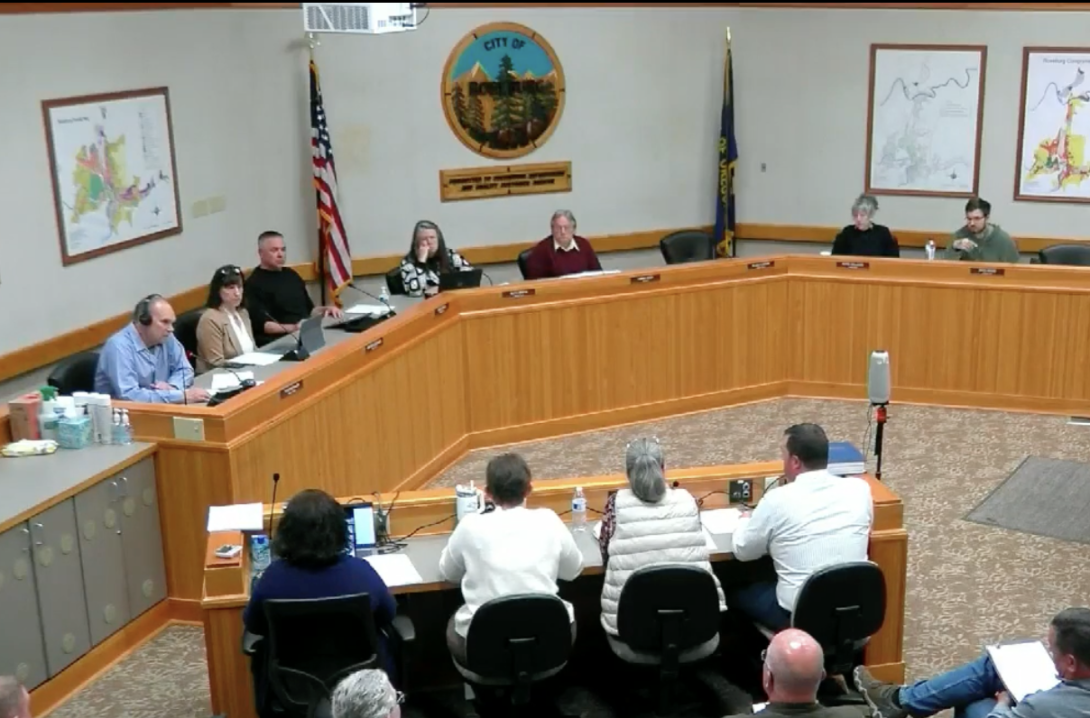
Roseburg city employees have recently found more hypodermic needles in public parks, and four have even been poked by used needles, according to a staff report.
"Discarded needles are one of the highest concerns staff hear from citizens regarding unhoused occupying parks and public spaces," Police Chief Gary Klopfenstein told city councilors last week. "Parks employees regularly inspect spaces for needles during the morning rounds but cannot cover the entirety of the parks’ acreage every day."
The proposed ordinance would ban the distribution or exchange of hypodermic needles on property that is owned, leased or managed by the city, including public parks.
Nonprofit organizations could still exchange needles on private property.
"We need to step out of doing this in the parks on city property because kids are just going to be there, so it's not good for them to normalize this," said Councilor Ellen Porter.
The staff report says HIV Alliance has already indicated it would stop doing needle exchanges in parks, but this "would not prevent other groups from providing these services in the future."
Dane Zahner, HIV Alliance's prevention manager, said they will stop needle exchanges in parks but "work with city officials to identify locations that may provide low barrier access to individuals who are injecting drugs but limit concerns of syringes in the park."
He said drug users may use between five and 15 needles a day, and homelessness only makes the problem more apparent.
A lot of drug users, Zahner said, have a house and use drugs privately, so the public doesn't see the syringes. "But in this type of environment, they are seeing the syringes that are very visible."
He also clarified that under the proposed ordinance, his nonprofit would still be able to distribute injectable Naloxone to prevent overdose deaths, which involves a different type of needle.
The city council previously discussed this ordinance at a meeting on April 21. Homeless liaison officer Josh Chavez told the council then that his team had come across a homeless camp with 300 syringes in it, mostly uncapped.
The ordinance still needs to come back to the city council for final approval.
